Product pictures
| Amount Per 27 g | |||
| Calories | 101 Kcal (423 kJ) | ||
| Calories from fat | 9 Kcal | ||
| % Daily Value* | |||
| Total Fat | 1g | 2% | |
|---|---|---|---|
| Cholesterol | 1mg | 0% | |
| Sodium | 120mg | 5% | |
| Potassium | 167mg | 4% | |
| Total Carbs | 20g | 7% | |
| Sugars | 12g | 48% | |
| Dietary Fiber | 1g | 4% | |
| Protein | 3g | 6% | |
| Vitamin C | 23.3mg | 39% | |
| Vitamin A | 0.5mg | 17% | |
| Iron | 2.4mg | 13% | |
| Calcium | 500mg | 50% | |
* Percent Daily Values are based on a 2000 calorie diet. Your daily values may be higher or lower depending on your calorie needs.
Find out how many calories should you eat.
Ingredients And Nutrition Overview
Best
choice Good
choice Poor
choice Avoid
it!
choice Good
choice Poor
choice Avoid
it!
-
WeightWatchers Points: 1.9, PointsPlus: 3, SmartPoints: 4
WeightWatchers Points are estimated by carbohydrates, fats, protein and fiber in product. They are not an affirmation of better quality or nutritional value of the product or its manufacturer. Only way to count for dieters. Less points are better.
Read more at Weight watchers diet review -
Convert Salt tsps to Sodium mg easily
Salt (NaCl) is not excactly sodium (Na).
It is not right to use these terms as synonyms.
The FDA recommended limit of sodium is 2,300 mg per day (or even less - about 1500 mg while one is on low sodium diets).
This is much less than the weight of salt.
(5,750 mg per day or 3,750 mg for low sodium diet) and not so convenient to calculate.
Know how much sodium is in your salt - without a calculator:
1/4 tsp salt = 600 mg sodium
1/2 tsp salt = 1200 mg sodium
3/4 tsp salt = 1800 mg sodium
1 tsp salt = 2300 mg sodium -
5 tsp of sugars per serving
This volume includes both naturally occurring from ingredients and specially added sugars.
USDA tells us that last years each American consumed an average 130 pounds of caloric sweeteners per year!
That works out to 30 tsp of sugars per day approximately 480 extra calories!
Just to think: Eating just 200 more calories daily than your body requires for body functioning and exercise leads to a 20-pound weight gain in a year. -
Interested in getting more protein?
Protein is important, but some of the protein you find in this product isn't exactly natural.
The protein comes from one of the following sources:
- milk protein concentrate
- whey protein isolate
- soy protein isolate
and that it's not ideal to get protein only from processed goods.
If you're looking for more protein, try beans, quinoa, nuts, seeds, peas and spinach & leafy greens.
Not only do they have protein, they're filled with other vitamins and minerals. -
Contains milk protein concentrate
Milk Protein Concentrate (MPC) is a white to light-cream-colored dry powder.
It is a very cheap milk byproduct of skim milk through a series of processes that includes ultrafiltration,
evaporation and drying of the milk until it reaches a powder form.
Some more info:
- Most of the MPC's are imported as a dry powder from countries with lax food safety regulations (China for example).
- MPC's are added to processed food products to increase the amount of protein without increasing the carbs.
-
Naturally high in Vitamin C
You get real, natural easy absorbing Vitamin C from this product, not as a artificial fortified ingredient.
This is great! Let's try to get the best from the real food, because we get too much from artificial ingredients nowdays.
Allergens
Gluten Allergy, Wheat Allergy, Lactose Allergy, Milk Allergy
Nourisher Ingredients
Wheat Flour, Malted Barley, Sugar, Dried Skimmed Milk, Dried Whey (Contains Milk), Calcium Carbonate, Hydrogenated Vegetable Fat, Lactose, Salt, Potassium Bicarbonate, Milk Proteins, Vitamins (C, Niacin, E, Pantothenic Acid, B6, B2, B1, A Folic Acid, Biotin, D, B12), Ferric Pyrophosphate, Zinc Oxide.
You Might Also Like
% RDI of Main Nutrition Facts
5%
of RDI* (101 calories) 27 g
-
Cal: 5.1 %
-
Fat: 1.5 %
-
Carb: 6.7 %
-
Prot: 6 %
-
0%25%75%RDI norm*
Calories Breakdown
- Carbs (79.2%)
- Fat (8.9%)
- Protein (11.9%)
Get Your Recipe of Health!
Follow RecipeOfHealth on Facebook!

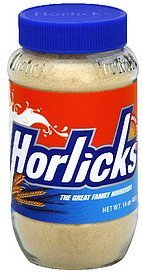
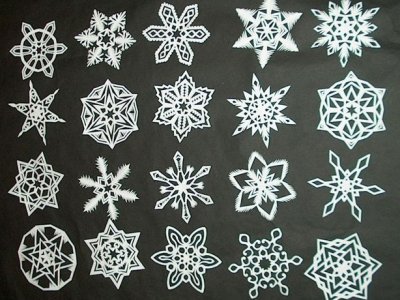
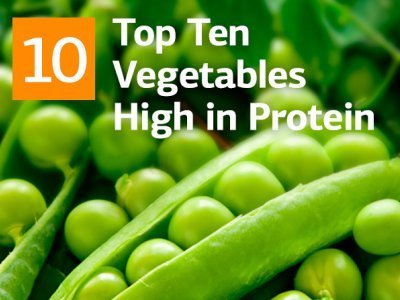

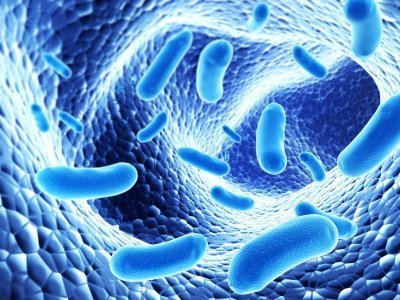












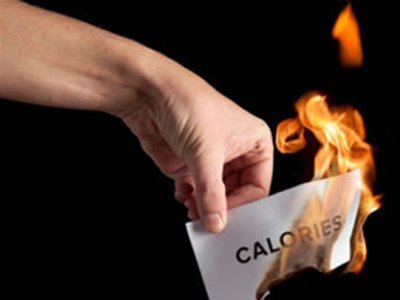
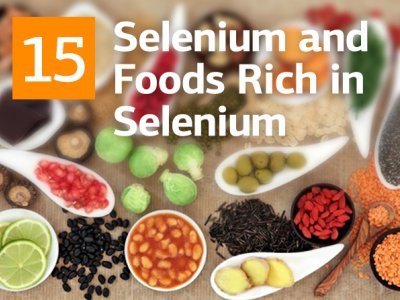
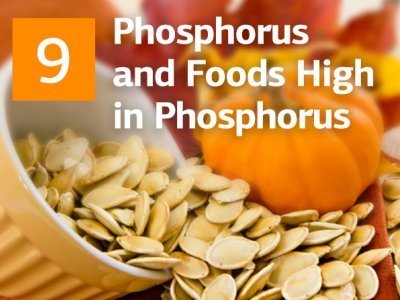
Add your comment